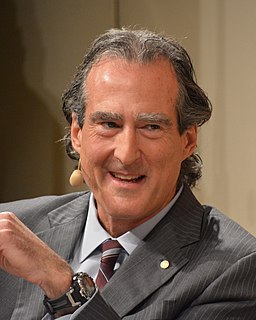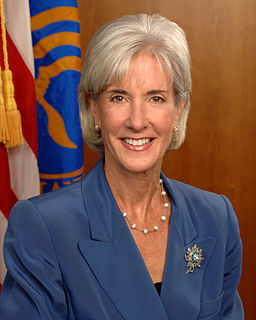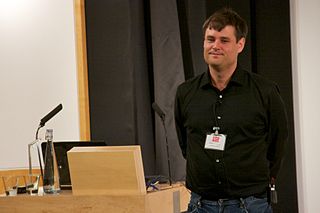A Quote by Edmund Phelps
Well into the 20th century, scholars viewed economic advances as resulting from commercial innovations enabled by the discoveries of scientists - discoveries that come from outside the economy and out of the blue.
Quote Topics
Related Quotes
Taking a look back, one big reqret is, I left Harvard with no real awareness of the awful inequities in the world. The appalling disparities of health and wealth and opportunity that condemned millions of people to the lives of despair. I learned a lot here at Harvard about new ideas and economics, and politics. I got great exposure to the advances being made in the sciences. But humanities greatest advances are not in its discoveries, but in how those discoveries are applied to reduce inequity.
Certain elements of today's ecological crisis reveal its moral character. First among these is the indiscriminate application of advances in science and technology. Many recent discoveries have brought undeniable benefits to humanity. Indeed, they demonstrate the nobility of the human vocation to participate responsibly in God's creative action in the world. Unfortunately, it is now clear that the application of these discoveries in the fields of industry and agriculture have produced harmful long-term effects.



































